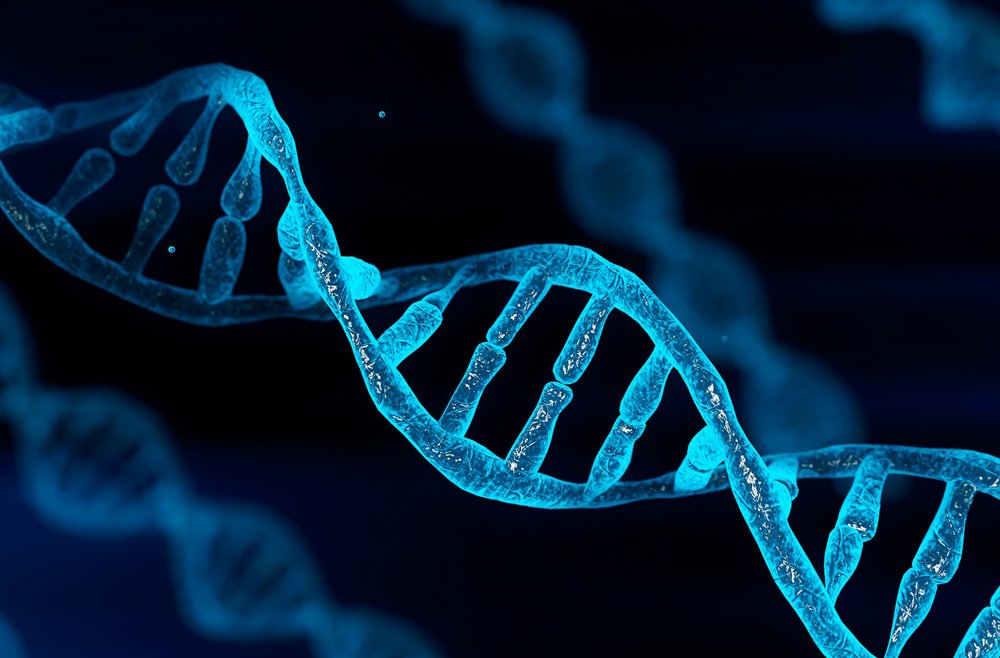A study from Stanford University, published in Cell, has found that vaccine mRNA and spike protein persist in lymph nodes for up to two months following the second vaccine dose. This is in contrast to what happens following infection, where spike protein was found only rarely.
In contrast to disrupted germinal centres in lymph nodes during infection, mRNA vaccination stimulates robust germinal centres containing vaccine mRNA and spike antigen up to eight weeks postvaccination in some cases…
The observed extended presence of vaccine mRNA and spike protein in vaccinee lymph node germinal centres for up to two months after vaccination was in contrast to rare foci of viral spike protein in COVID-19 patient lymph nodes… COVID-19 patient lymph nodes showed lower quantities of spike antigen.
The researchers also found the concentration of spike protein in the blood following vaccination was similar to that during infection.
At least some portion of spike antigen generated after administration of BNT162b2 becomes distributed into the blood. We detected spike antigen in 96% of vaccinees in plasma collected one to two days after the prime injection, with antigen levels reaching as high as 174 pg/mL. The range of spike antigen concentrations in the blood of vaccinees at this early time point largely overlaps with the range of spike antigen concentrations reported in plasma in a study of acute infection, although a small number of infected individuals had higher concentrations in the ng/mL range. At later time points after vaccination, the concentrations of spike antigen in blood quickly decrease although spike is still detectable in plasma in 63% of vaccinees one week after the first dose.
The researchers found evidence of ‘original antigenic sin’ from the vaccines, where a person vaccinated and then infected with a variant develops a weaker antibody response to that variant than an unvaccinated person infected with the variant. They describe it as a “strong imprinting effect of prior vaccination”.
We find that prior vaccination with Wuhan-Hu-1-like antigens followed by infection with Alpha or Delta variants gives rise to plasma antibody responses with apparent Wuhan-Hu-1-specific imprinting manifesting as relatively decreased responses to the variant virus epitopes, compared with unvaccinated patients infected with those variant viruses…
The extent to which vaccine boosting or infection with different variants will effectively elicit antibody responses to new epitopes or rather increase responses to the epitopes of antigens encountered previously, as in the ‘original antigenic sin’ phenomenon described for influenza virus infection and vaccination, will be an important topic of ongoing study.
The researchers confirmed the fast decline of antibodies following vaccination, finding a 20-fold drop after nine months.
Our data demonstrate that vaccinee plasma and saliva spike and receptor-binding domain-specific IgG concentrations decrease from their peak values by approximately 20-fold by nine months after primary vaccination but quickly exceed prior peak concentrations in seven to eight days after boosting with a third vaccine dose.
The study also confirms that vaccination doesn’t generate IgA antibodies (found especially in the respiratory and digestive tracts and mounting a first defence against infection) or IgM antibodies (found especially in the blood and lymph fluid), but only IgG antibodies (found in the blood). This has been proposed as a reason that vaccination is so poor at preventing infection and transmission.
Surprisingly, perhaps, the researchers found that vaccination (whether mRNA, adenoviral or inactivated virus) stimulated a broader antibody (IgG) response than infection, leading them to predict that “antibodies derived from infection may provide somewhat decreased protection against virus variants compared with comparable concentrations of antibodies stimulated by vaccination”.
However, the post-infection IgG antibody response improved over several weeks.
Over time, infected patient plasma samples showed improvement in variant receptor-binding domain binding relative to Wuhan-Hu-1 receptor-binding domain, suggesting evolution of the antibody response through at least seven weeks post-onset of symptoms.
In addition, the apparent breadth-benefit of vaccination over infection disappeared when “whole spike antigens” were tested rather than just the receptor-binding domain targeted by the vaccine, suggesting the benefit may be an artefact of the study design not found in a real encounter with the virus.
Notably, the increased breadth of vaccinee IgG compared with COVID-19 patient IgG binding to viral variant antigens was greatest for receptor-binding domain, the main target of neutralising antibodies, and was decreased or not detected when whole spike antigens were tested.
Other limitations mentioned include not looking at “antibodies binding to the spike N-terminal domain” or other antibodies: “Our data do not reflect potentially functional antibodies binding to the spike N-terminal domain, or antibodies that may have other activities in vivo.”
The study also didn’t look at T cell responses, among other things:
Further mechanistic investigations into the differences in antibody breadth elicited by vaccination and infection are needed to define the roles of T cell help, antibody affinity maturation, germinal centre function, and innate immune responses to vaccine components, as well as the cellular and subcellular distribution of vaccine RNA and expressed antigen in lymphoid tissues.
The high concentration in the blood of spike protein following vaccination and its persistence along with vaccine mRNA in lymph nodes for months, in contrast to the situation post-infection where such persistence is rare, will fuel concerns about the safety of these Covid vaccines. It has been argued that the spike protein is itself pathogenic, not inert, and that the free spike proteins generated by the vaccines have greater capacity to bind to more types of cells than the virus particles themselves, and that this may be what lies behind many of the serious adverse events reported to regulatory bodies and identified in case reports. This warrants further investigation.












To join in with the discussion please make a donation to The Daily Sceptic.
Profanity and abuse will be removed and may lead to a permanent ban.